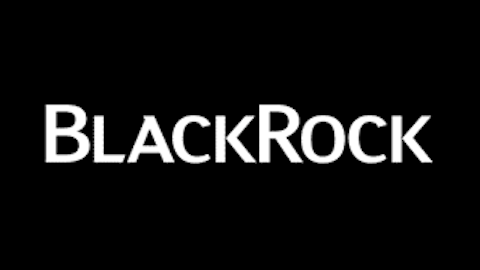Hedge funds are a unique investment vehicle. They have unique characteristics that allow them to avoid regulation – specifically, many hedge funds avoid registration and regulation as investment companies by relying on sections 3 (c) (1) or 3 (c) (7) of the Investment Company Act of 1940. However, with this advantage comes an important downside – hedge funds are prohibited from soliciting business or advertising its services in any way by both the Securities Act of 1933 and the Investment Advisers Act of 1940. “A hedge fund typically begins its venture by offering securities to investors utilizing Section 4(2) of the ’33 Act and the safe harbor rules of Regulation D, particularly Rule 506. Under Rule 506, the offering of the fund does not have to be registered as a security with the Commission or any state, but instead employs a notice filing,” according to the SEC. “A main premise of this rule is that there will be no general solicitation or advertising.”
According to FINAlternatives, the ban that prohibits hedge funds from advertising may be almost over. 
“The JOBS Act, which President Barack Obama has suggested he would sign if it is passed, would eliminate the prohibition on the marketing of private placements, including hedge funds and private equity funds.” FINAlternatives writes, “The JOBS—Jumpstart Our Business Startups—Act has already been passed by both houses of Congress; it awaits a second vote in the House of Representatives after the Senate amended the original measure passed by the House. Approval and the president’s signature are expected by next month.”
“The bipartisan bill, which President Obama is expected to sign next month, enables hedge funds and private equity firms to solicit investors directly, instead of through third parties that typically vet the firms before introducing them to clients,” reports the New York Times.
On the one hand, removing the ban will do much to improve the industry’s transparency. Because of the ban on advertising, hedge fund “managers generally take a cautious approach and strictly limit all types of communications about their business,” said Managed Funds Association President Richard Baker. “For example, private fund managers generally will not respond to press inquiries, even to correct inaccurate reports.” It also means that when a qualified investor wants information about a fund, he or she may find that the data actually available to him or her is very limited.
With the ban removed, hedge funds may not actually advertise – after all, investors have to meet certain qualifications, so you aren’t going to see many billboards talking about a hedge fund – but it will improve the information available about hedge funds, their investment strategies, top picks and performance. As such, it should become easier for investors to make an informed decision but it should also allow do-it-yourself investors to better “monkey” hedge funds.
But, on the other hand, there could be some caveats. As the New York Times writes, “While the bill could ease the path to fundraising, it could also introduce new risks to small investors unaccustomed to the complex and risky strategies the firms deploy.” It could also make it more difficult for investors to do due diligence. While hedge funds have always been a case of “Buyer Beware” – and that’s why those investing in hedge funds must be “qualified” –the relaxation of the hedge fund rules will likely open things up more for the smaller firms. Larger hedge funds, like John Paulson’s Paulson & Co, have more institutional clients and as such have no need for such marketing.

